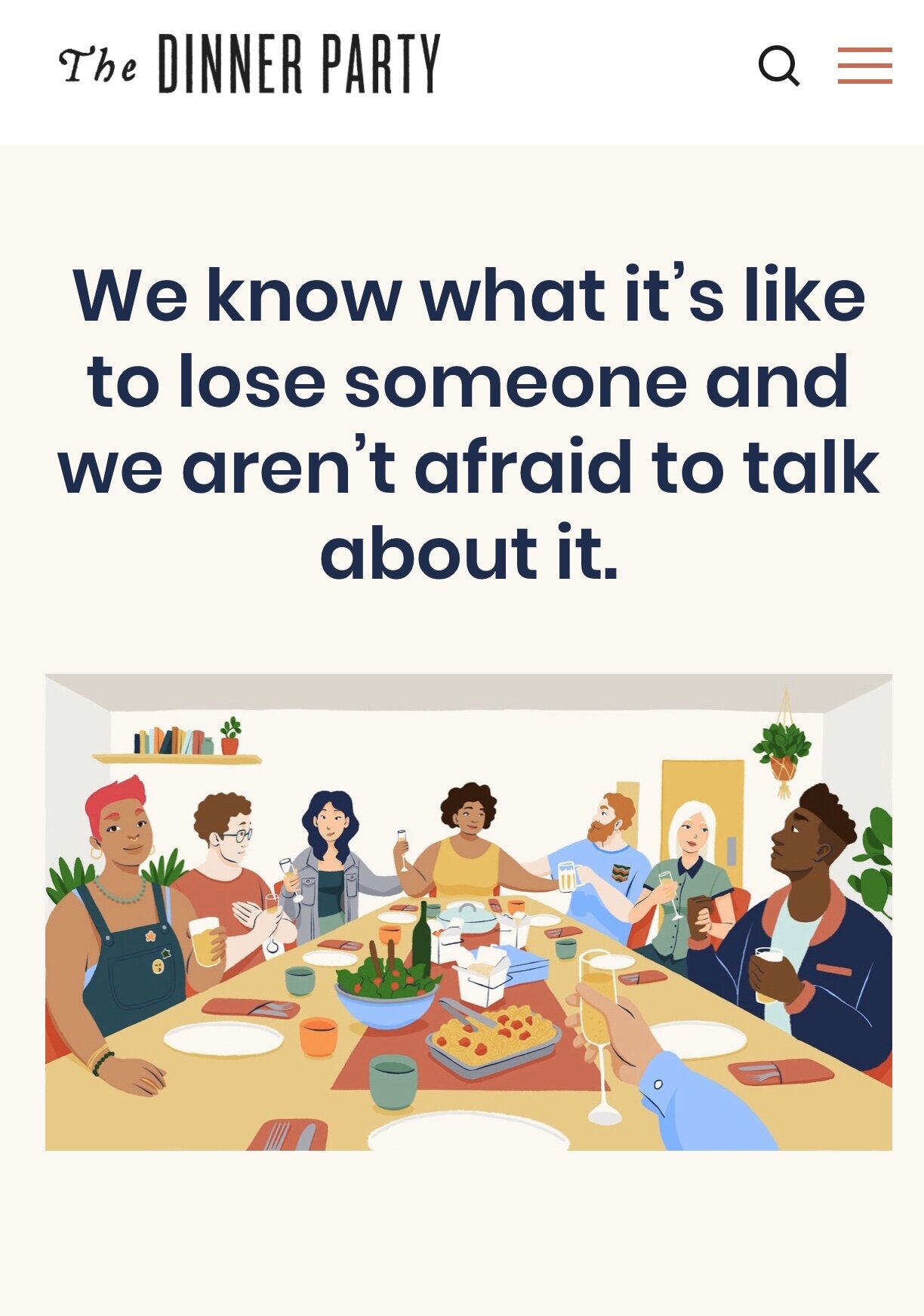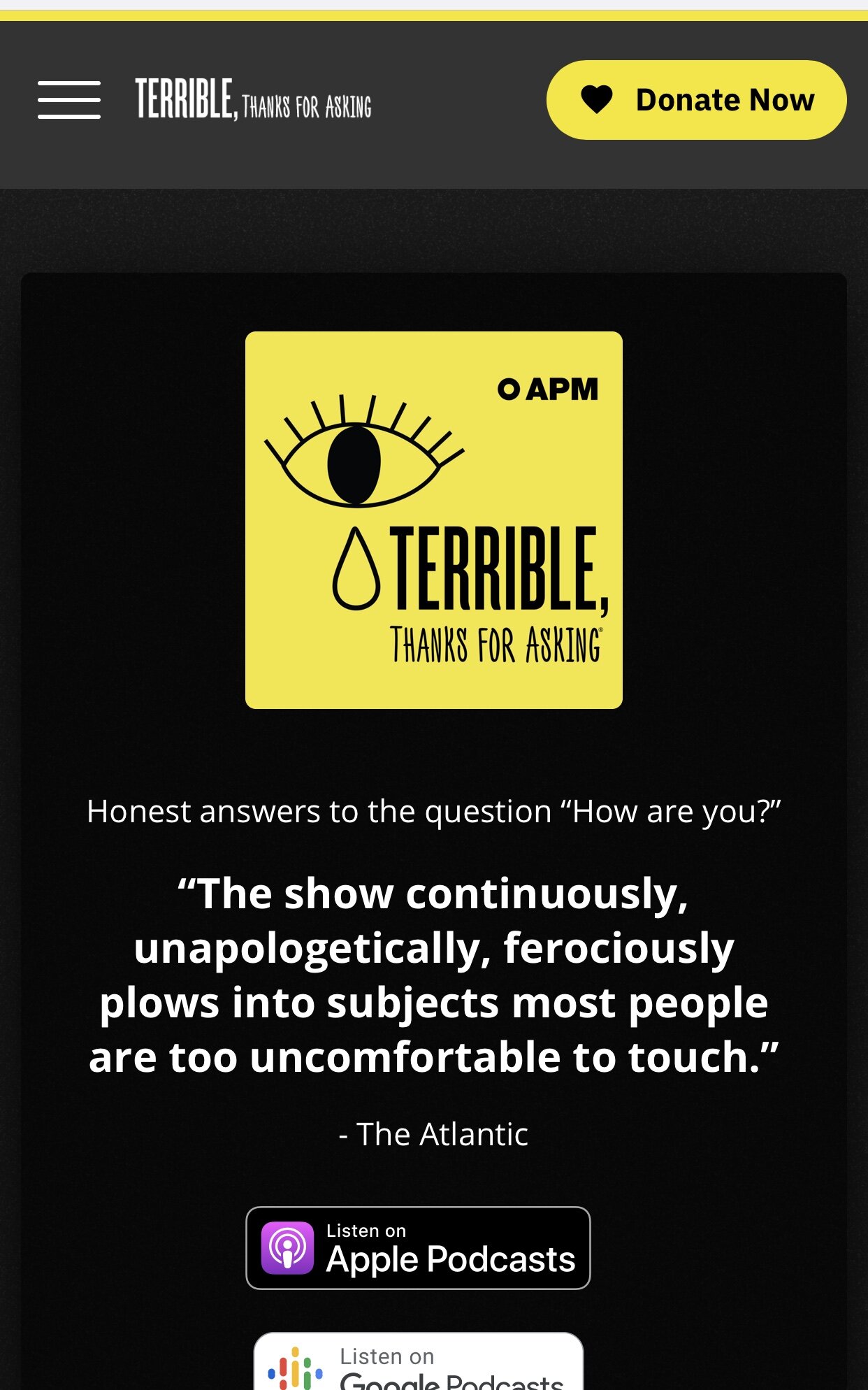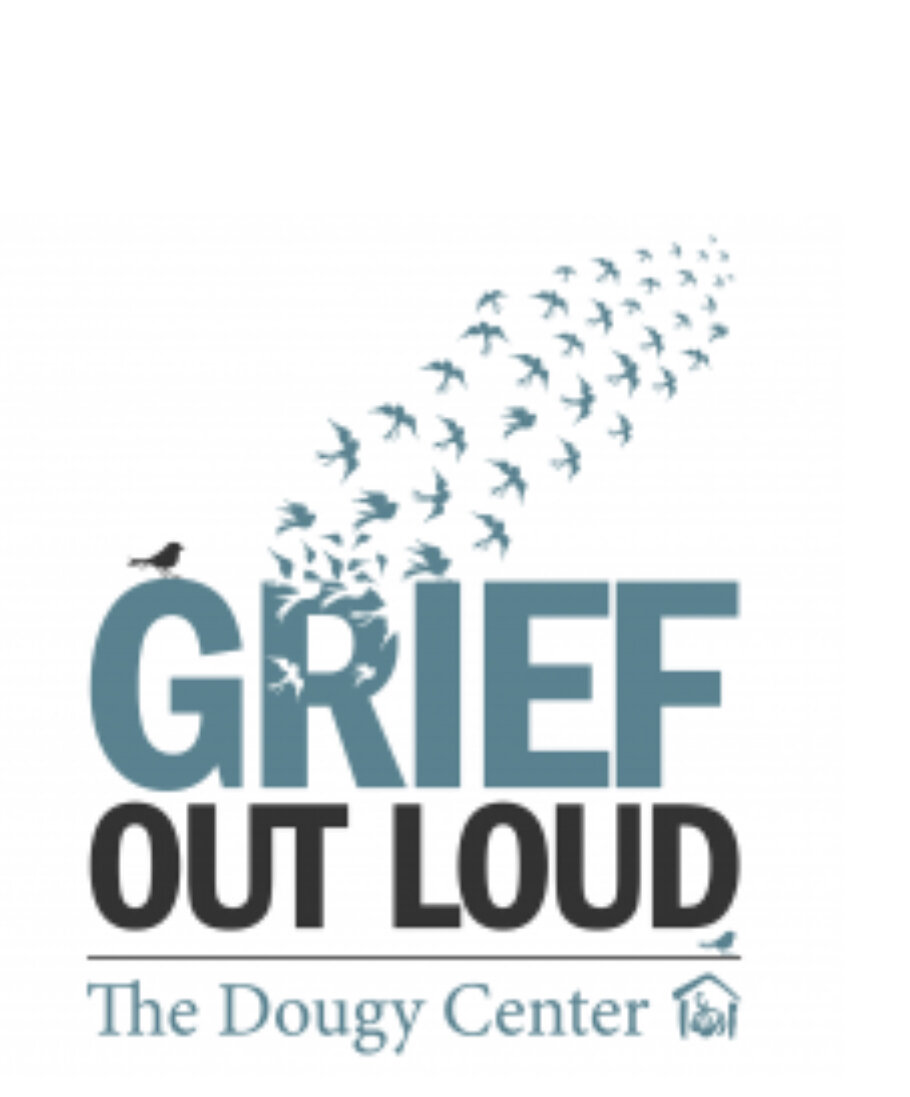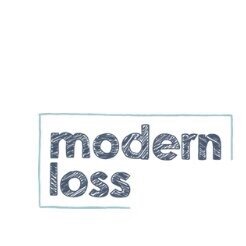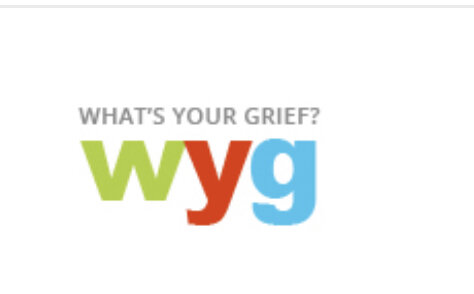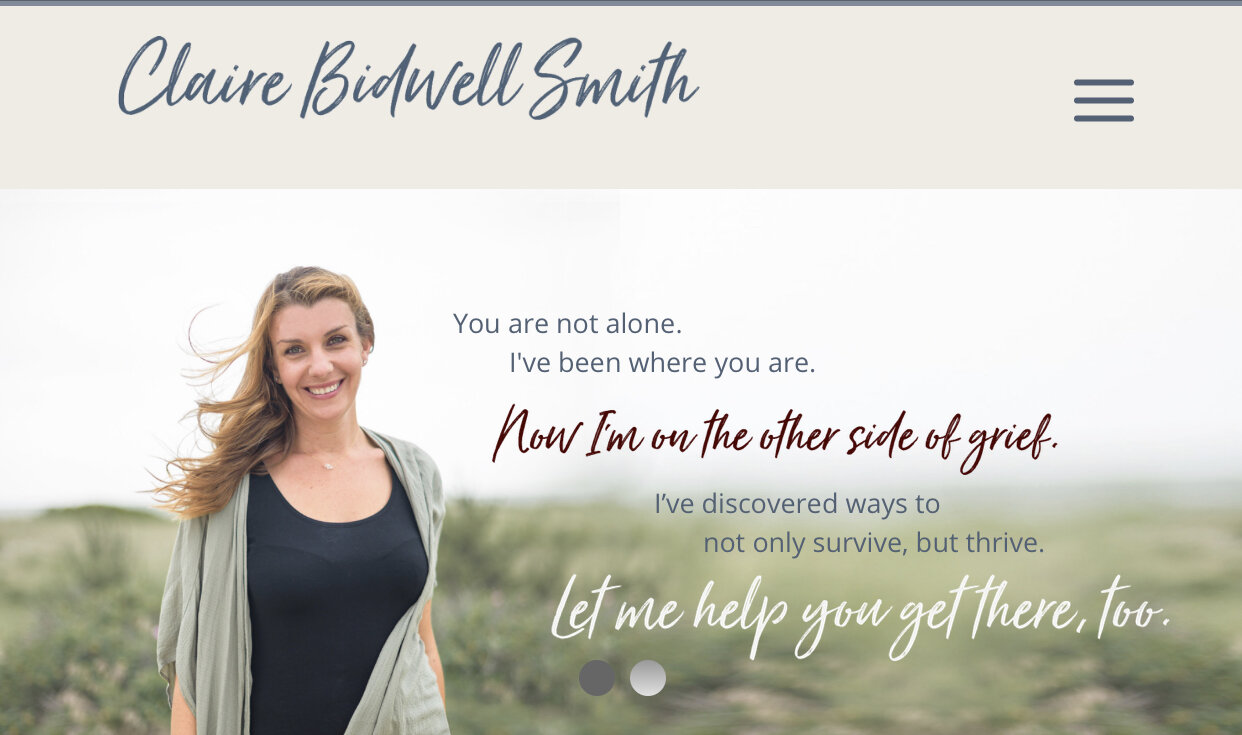Grieving is hard work. Here are some of the resources that have helped me since my dad died.
The Dougy Center. I attend a grief group for young adults (26-40) every other week at the Dougy Center. I meet with a group of people around my age and a facilitator and we talk about what we’re dealing with that week. I’ve found it incredibly helpful to share my story and hear from others who understand what I’m going through. I’m often reminded of a quote I heard on the Dougy Center’s Grief Out Loud podcast (more on that below) by up-and-coming comedian Harry Jensen, (I may not remember the quote exactly so I am paraphrasing here): “I don’t attend grief group because my dad died. I attend grief group because your dad didn’t.” It can be so hard to speak truthfully about the experience of grief with people who are unable to completely relate; grief group is a refuge where it’s okay to say anything — anything — about our love, our loss, and our very complicated feelings and thoughts while grieving.
The Dinner Party. I attend this group of young adults (20s-30s) approximately once a month. It is hosted at someone’s house and we all bring dishes to put together a potluck meal. This is another refuge for me, another chance to say out loud the things you simply can’t say in polite society while also hearing from others whose experiences either mirror my own or show me a new aspect of grief I never considered. (Both of these grief groups are a bit like AA in the sense that everything said within those walls is completely confidential and will never be shared. I am allowed to share my own story, but whatever anyone else says stays in those rooms.)
Terrible, Thanks For Asking is a podcast hosted by Nora McInerny, author of It’s Okay To Laugh (Crying is Cool Too), No Happy Endings, and The Hot Young Widows Club. This podcast provides space for guests to give honest answers to the question “How are you?” after going through some of the most difficult and worst experiences a human can go through: losing a loved one, abuse, disease, etc. It is funny and moving and relatable and real. Nothing is sugar-coated and everyone is allowed to say and feel exactly what they say and feel without being met with platitudes or advice.
Grief Out Loud is a podcast hosted by Jana DeCristofaro of the Dougy Center for Grieving Children & Families in Portland, Oregon. It focuses entirely on the experience of grief as told through personal stories and expert advice. There is an emphasis on helping children and teens but adults can benefit from all the conversations as well.
Modern Loss is a web site and community founded by Rebecca Soffer and Gabrielle Birkner. It brings together essays on grief (I wrote this one for them last spring), advice, book recommendations, and more. Modern Loss also hosts several gift exchanges throughout the year — I swapped presents with another fatherless daughter last Father’s Day, which ended up being one of the real bright spots of an otherwise sad day. Modern Loss also hosts retreats, courses, and other events (usually on the east coast).
What’s Your Grief? is a web site and community run by Litsa Williams and Eleanor Haley with an extensive blog, training and events, courses, and more. What’s Your Grief? has a heavy Instagram presence and I’ve found their posts often say just the thing I need to hear, just when I need to hear them.
Claire Bidwell Smith is the author of three grief-focused books (Rules of Inheritance, After This: When Life Is Over, Where Do We Go?, and Anxiety: The Missing Stage of Grief). She also hosts webinars, free phone calls, and grief courses. Her phone calls are something that I recommend especially — you can either call in live or hear a recording later of her speaking and answering questions about specific types of losses. I did her free Father’s Day call last year and learned a lot about the specificity of father loss. I’ve also taken several courses with her, including one about father loss and a course I did with my husband for partner support in grief.
Refuge in Grief is a web site and community hosted by It’s OK That You’re Not OK: Meeting Grief and Loss in a Culture That Doesn’t Understand. author Megan Devine. She hosts grief writing sessions (I participated in one last year) and has a heavy online presence where she posts helpful tips and advice for those whose are grieving themselves and those who want to support someone who is grieving.
For those keeping score: My dad died almost sixteen months ago. I attend approximately three grief groups a month. I listen to two grief podcasts a week. I’ve done two free grief calls and three paid grief e-courses in the last year. I have no idea how many articles and essays about grief I’ve read, but it’s no small amount. I haven’t yet touched upon the people I follow on Instragram for grief support or the grief books I’ve read — I will get more into both of those topics in a future post. I also haven’t mentioned the grief therapy I did, which is also a topic for another day, nor have I discussed the individual things I do on my own, like journaling or a one-off art therapy class.
What I’m trying to say is this: It takes a lot of work to grieve. Not everyone spends as much time and effort and money and mental space on grieving as I do, but it’s hard work for everyone nonetheless. I am a stay-at-home mom and a freelance writer who also has another full-time job: grieving. Maybe this all sounds crazy to you, but what’s crazier to me is thinking about how completely unhinged I would be if I didn’t do all this work.
What I’m also trying to say is this: I believe in kindness, even though there are times when I find it difficult to be kind. We all have so much on our plates, grieving or not. This business of being a human is such hard work.
In grief and with love,
KrissyMick
Photo Credits, Top to Bottom: The Dougy Center, The Dinner Party, Terrible, Thanks For Asking, The Dougy Center, Modern Loss, What’s Your Grief?, Claire Bidwell Smith, Refuge in Grief



